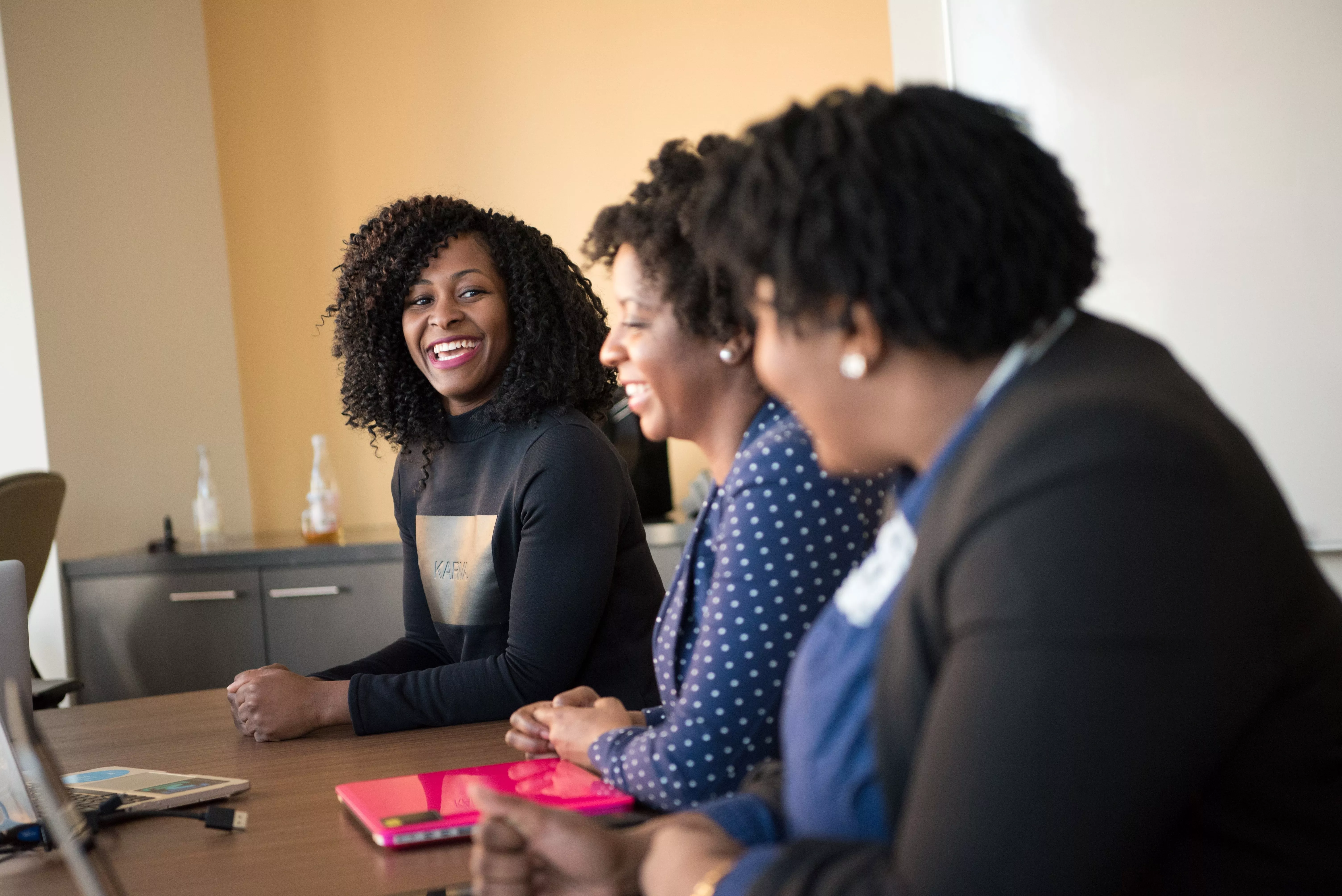
Invest in women: accelerate progress
On International Women’s Day this year the call to action from the UN is “Invest in women: accelerate progress” - and goodness knows, we need to progress in so many ways to make the world a better place for all.
This week also marks the 190th Anniversary of the Chartered Institute of Building (CIOB), with its Royal Charter “to promote the science and practice of building and construction for the benefit of society.”
Back in 1834 there were no women in CIOB, and it was not until 1968 that Barbara Wells was the first to be admitted. Li Shirong was the first woman President in 2009, Rebecca Thompson was the second in 2017/18, Caroline Gumble was appointed CEO in 2019 and the first woman Honorary Fellow was Dame Judith Hackitt in 2021.
So it was a pleasure to chair a gathering of more than 20 women CIOB Fellows on Tuesday to share experiences and identify ways of making a difference - for everyone. An hour was barely enough to do justice to the practical thinking and connections that evolved from the discussion - so we will meet again.
Attracting the next generation
Barbara Entwhistle and Brigid McGuigan are involved in schemes to provide construction training and job opportunities for offenders and ex-offenders. It’s a no-brainer, the industry is desperately short of workers, prisons are at bursting point and it is proven that having a job and hope dramatically reduces re-offending. Lots of opportunity here with the CIOB’s latest work - not to mention connections with Raj Singh at the Ministry of Justice who made such a great contribution to the international webinar run by Global Construction Review (GCR) last month.
Jackie Gregory-Stevens and Jean Duprez are involved in innovative apprenticeship programmes, so we had a useful discussion around the challenge of retaining apprentices - too many give up and we need to find ways of addressing this.
Sustainability was another hot topic, with Emma Nicholson, principal sustainability project manager and long-time advocate and founder of Women in Sustainability, Dayle Bayliss, self-styled building pathologist (and business owner and employer on a T level pathway panel) - who disappeared just before the before the end to deliver a project on NetZero - and Dr Liz Zijing, Li co-founder and inventor of a sustainable concrete company.
Read more
Changing culture
Lynn Summerfield stressed the need to improve conditions and culture to encourage more women at site operational level. She talked about giving a careers talk to a group of young male apprentices at her company, who said they would like to see more women on site - but who said they would not recommend the industry to their girlfriend, sister or auntie!
Inevitably the quality and lack of toilets on site arose and all agreed this is not just a women’s issue, but a challenge for men too (particularly with an ageing demographic) as well as general site conditions. The link with poor working conditions and the unacceptable levels of suicide amongst men on site was also discussed. “We basically need to create an environment that feels better for everyone, empowering them to call out unacceptable behaviour or conditions,” said Lynn.
The acute shortage of public toilets was also raised with valuable contributions from long time industry expert Emerita Professor Clara Greed, triggering the thought that perhaps there is an innovative way of construction helping to address this through social value and technology. Japan has some great examples of low maintenance, beautifully designed public toilets.
Academia was well represented, with Christine Gausden, the second woman to become a CIOB Fellow in 1995 and EDI champion (we reminisced about working together on the Tomorrow’s Team report following up the Latham Review) in attendance alongside Joanna Poon of University of Derby, who was proud to announce that CIOB accreditation had just been received for two new built environment courses.
Dr Florence Phua of the University of Reading shared some fascinating research into student satisfaction - the built environment is way behind other sectors when it comes to inclusive language in marketing and recruitment.
Professor Tabarak Ballal recounted the story of a woman student studying pharmacy, who decided after two weeks that the subject wasn’t right for her. The pharmacy classes were in the same building as construction management and technology and, as the student put it, “every time I walked into the building, I just saw you. You popped out amongst a sea of white men. You looked just like me.” She switched course and graduated with an Honours degree. As Tabarak put it, “my success as an academic is my impact on my students and where they end up and what they do.”
When talking about the challenges of recruiting into construction, it was agreed that role models and mentors are a key element in attracting and keeping under-represented groups. Rebecca Hartshorn recounted the impact of a conversation years ago with Katrina Dowding, now Skanska CEO, who inspired her to aim for the C suite. Amanda Millard talked about the importance of praising good work, whether they have been doing the job for 20 years or six months.
The meeting was a great reminder of the value of networks and communities in construction - few of us in the virtual room knew more than one other person - and the importance of female visibility in a male dominated world. Thanks to all quoted above and others participating including Joanne Lacey, Bernice Cowton, Laura Martin, Gemma Donkin and Emma Bull.
The underlying message was one of making a difference in the built environment, through training, education, collaboration, social value, sustainable practice - in short, modern professionalism.
We basically need to create an environment that feels better for everyone, empowering them to call out unacceptable behaviour or conditions.
Lynn Summerfield FCIOB , Project Director, British Land
Contact our Press Office
We welcome requests for information, comments and interviews from journalists across the globe so please feel free to contact us: